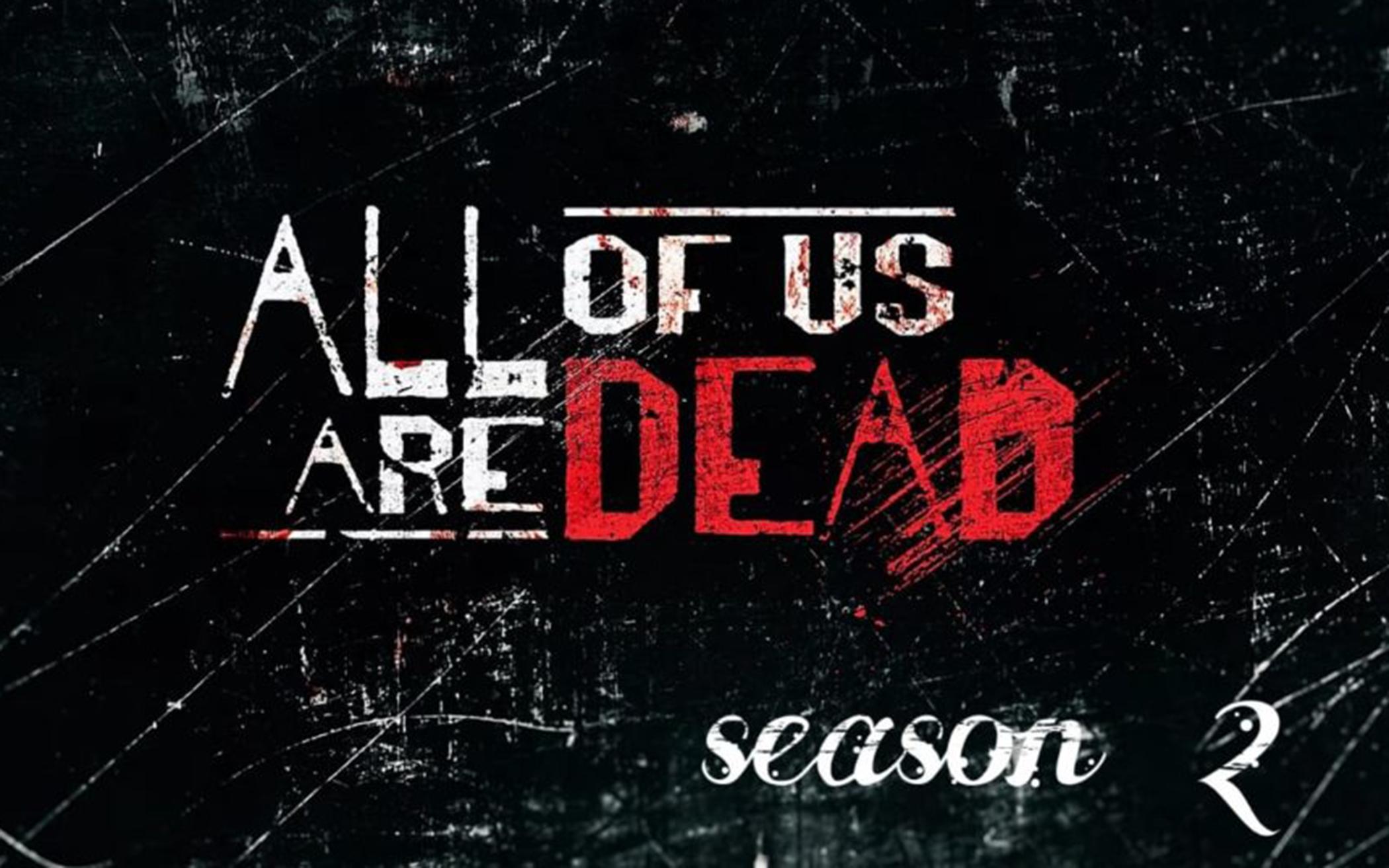What moral concessions are we willing to make when safety/family/institution/fill-in-the-blank is threatened? All of Us Are Dead, a Korean-language zombie series on Netflix, asks that question through many different scenarios.
There’s the Army general who weighs the safety of the general population over the rescue of a few survivors, the politician who positions herself in a favorable light for a post-apocalyptic election over personal dignity and integrity, the principal who chooses the school’s reputation over a sexual abuse victim, and the high schooler who wants to see her parents and is willing to risk the lives of her fellow classmates.
As I was thinking about this question, the show took me for an unexpected loop. In Episode Five, “A New Breed,” Gwi-nam (Yoo In-soo) is bitten by multiple zombies in a feeding frenzy and instead of turning into a zombie himself, he turns into something else altogether: “hambie,” half-human, half-zombie, is what the other students call him. The episode ends with Gwi-nam walking through the halls of his zombie-infested school without fear of being eaten or attacked. He realizes that he no longer needs to worry about being exposed to the monstrosity that surrounds him as he says, “That means … I’m god,” and the end credits roll.
I couldn’t shake the disturbance of seeing Gwi-nam call himself a god as he is utterly comfortable living among the dead. In a greater sense, is this also a metaphor for how we Christians have become comfortable with the presence of sin?
For a show that relies so much on the theme of morality, this scene prompted many of my own morality-related questions as it related to the entire genre of horror.
“Is it ok for Christians to partake in viewing zombie and horror media?”
“Have I made moral concessions for the sake of entertainment?”
“Have I been desensitized to gore and violence. Am I a pop-culture hambie?”
The Apostle Paul teaches us that just because something is permissible, it might not be fully beneficial (1 Cor. 10:23). Or in this case, for the Christian audience, just because a genre has reached a critical mass of acceptance, it shouldn’t mean an automatic rubber-stamp approval.
Here’s what I have concluded (for now), and it starts with a real-life illustration to help me convey it. I drive a well-used minivan, and two years ago the “check engine” light malfunctioned and would randomly light up before turning off regardless of whether a problem with the engine existed. I took it to the mechanic, and he told me nothing was wrong with the engine, but the cost to fix the light was more than I was willing to pay. Now I’ve gotten so used to the light that I ignore it. I fear that one day something will be wrong with my engine, but since I’ve grown so accustomed to ignoring the light, I won’t do anything about it when the time comes.
Maybe that’s the point?
Maybe, as Christian consumers of media, we need to heed the “check engine” light from time to time, rather than ignore it altogether.
On one side, may we never shy away from seeing common grace in all forms of media, and yet on the other, may we be wary of the varying degrees of impact our media consumption has on us as spiritual beings. The New Testament says we are sojourners and nomads in this world, even ambassadors, but never citizens. Thanks to the “hambie” episode of All of Us Are Dead, I’m inclined to believe this is our pop culture identity as well. (Rated TV-MA for blood and gore. Netflix)
About the Author
Daniel Jung is a graduate of Calvin Theological Seminary and an ordained pastor in the Presbyterian Church in America. He lives in Northern California, where he serves as an associate pastor at Home of Christ in Cupertino.

